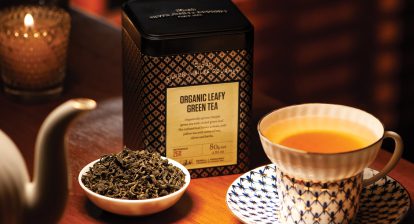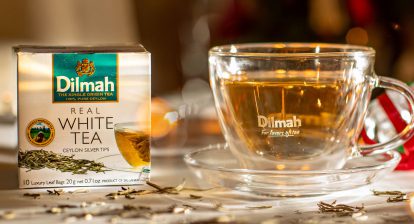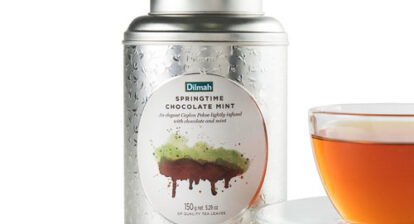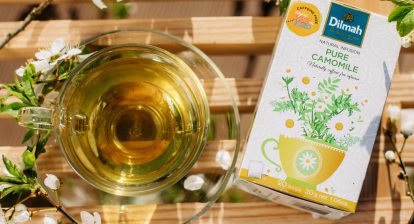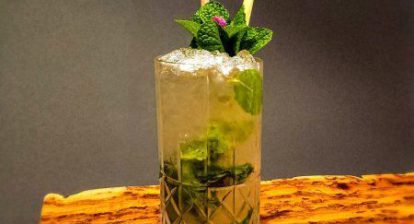Ah, but to age gracefully… Isn’t that something we all would love? Not just in terms of appearance, but holistically. Unfortunately, this process is not always entirely within our control. Genetics, ethnicity, environment, and a whole lot of other factors contribute towards our biological aging process. However, there are a few things that we can consider and put into practice, to slow down the aging process.
Multiple global analyses carried out in recent years have brought researchers to the conclusion that regular consumption of tea, Camellia sinensis, can indeed slow down biological aging. ‘Regular’ implies 2-3 cups (6-8g) of black, green, or oolong tea per day. Even if one hasn’t previously been a regular tea-drinker, taking up the habit later on in life can still initiate a deceleration of the biological aging process. This phenomenon has been closely studied and shared by Dr. Benjamin Parmenter of the Nutrition and Health Innovation Research Institute at Edith Cowen University.
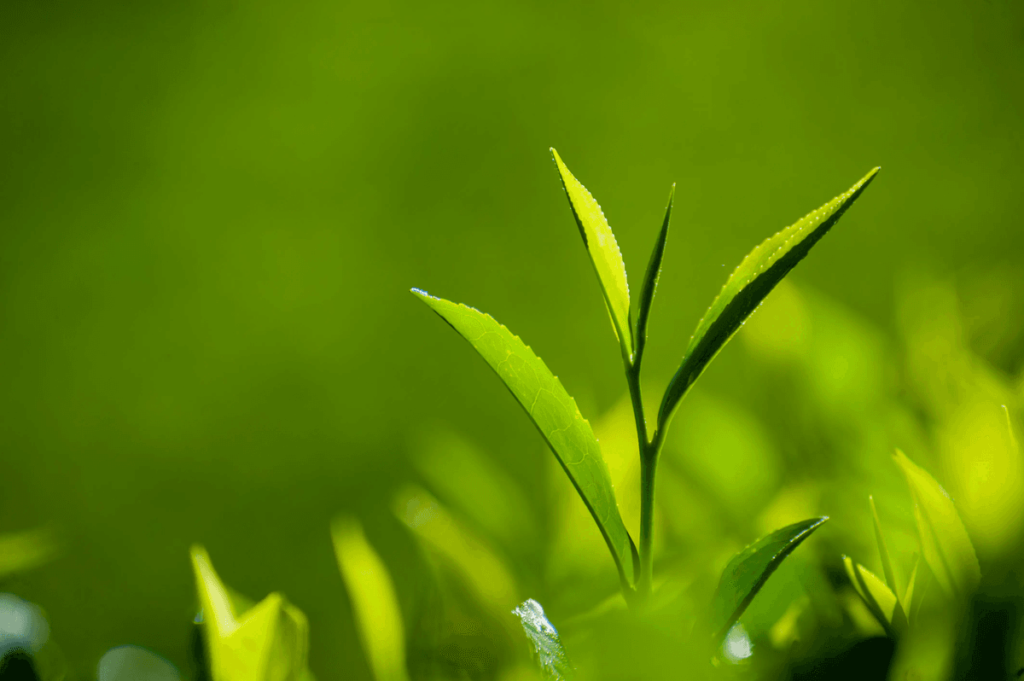
As per Dr. Parmenter’s research into numerous scientific studies, the principal reason behind this is believed to be the high polyphenol content of tea. Polyphenols are involved in countering oxidative stress and the inflammation response, as well as in regulating gut bacteria. This latter factor plays a role in moderating changes that occur in metabolism, immunity and cognitive function with age. The regulation of these aspects is in turn mirrored in the biological aging process, which consequently takes place at a slower rate.
Frailty, too, is a significant component of aging, and is believed to be associated with a reduced presence of antioxidants. Research suggests that being rich in antioxidants, and thereby eliciting anti-oxidative and anti-inflammatory properties, tea can significantly lower the risk of frailty in old age. This means that the risk of common age-related issues, such as hip fractures, would also consequently be lowered.
In addition to this, the combination of L-theanine and caffeine, which is unique to tea, synergistically promotes alertness and relaxation, thereby improving and supporting cognitive performance. Polyphenols and caffeine are also believed to play a role in reducing neurological degeneration and amyloid plaque formation in the brain, thereby potentially having a protective effect against dementia and Alzheimer’s disease.
Taking all these into consideration, it certainly seems that having Camellia sinensis as a lifelong friend might be a great way to retain your youth for a longer time!


